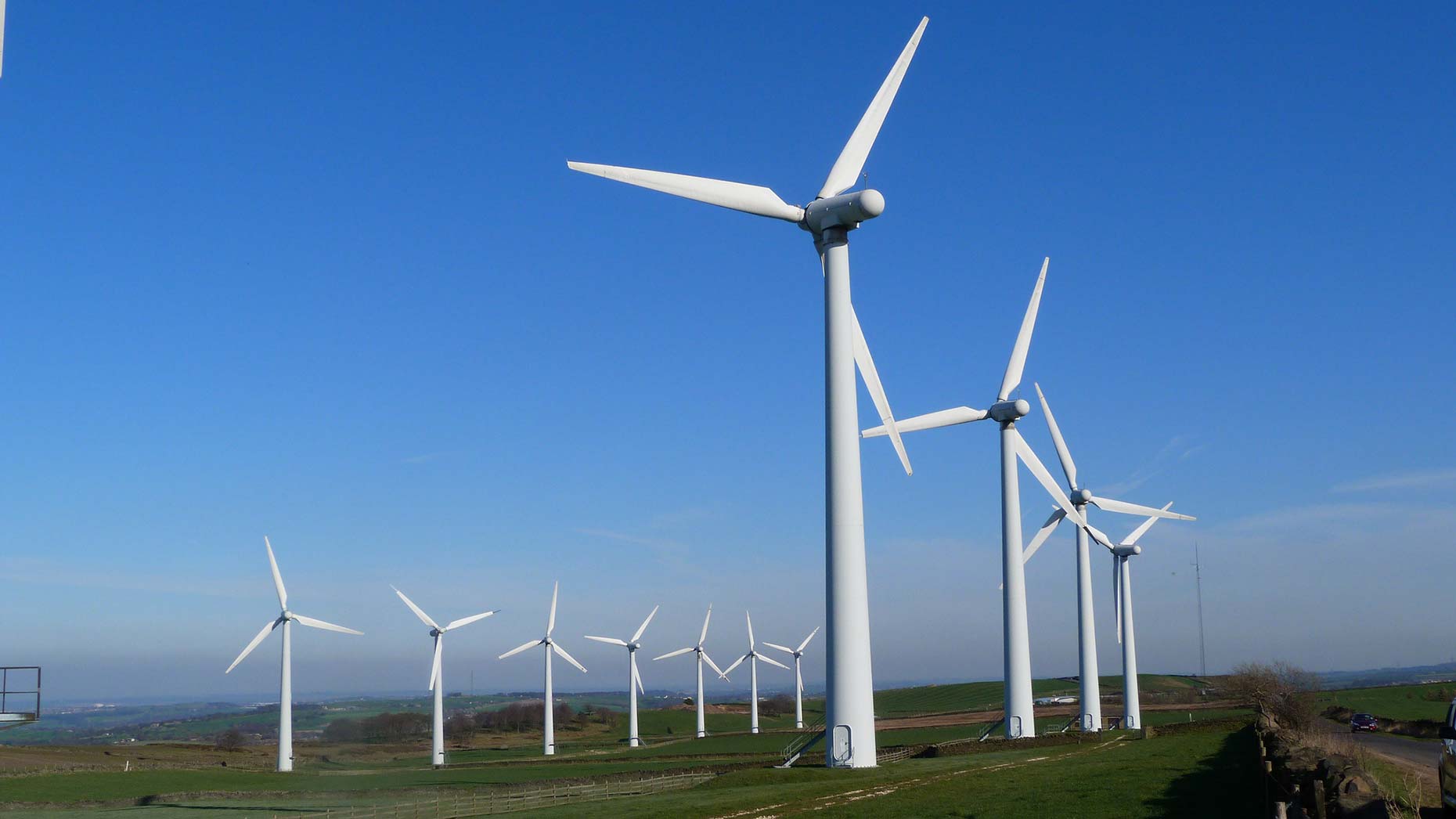World’s Largest Pension Investment Vehicle Eyes Investments in Africa

Japan’s Government Pension Investment Fund (GPIF), the world largest pension investment vehicle has signed a partnership with the African Development Bank (AfDB) to invest in the green bond market aiming to boost investment in environment-friendly projects in Africa.
“The collaboration between the Bank and GPIF will focus on channelling investments towards inclusive and sustainable growth in Africa, contributing to the achievement of the Sustainable Development Goals,” AfDB said in a statement.
The agreement that was signed on September 30, will avail unique investment opportunities to GPIF’s asset managers to finance climate mitigation and adaptation projects in Africa, as well as projects leading to poverty reduction, job creation, and inclusive growth across age, gender and geography, improving the quality of life of Africans.
Although there were no projects mentioned in the agreement, the two partners see the benefits of combining green investments with growing economies in Africa, while saving the planet.
This landmark strategic partnership will help to catalyze investment capital, create more sustainable investments and support the African Development Bank to achieve its High 5 priorities to fast-track Africa’s development,” said African Development Bank President Akinwumi Adesina.
GPIF current asset worth is estimated at USD 1.5 Tn, as at the end of April 2019.
Currently, there are 17 green bonds in Africa with South Africa hosting 6 of them. The green bonds cover investment in waste management, green building construction and energy among others.
Kenya closed a USD 40Mn bond issue by Acorn Holdings at the beginning of October 2019. The Bond by Acorn Holdings will build green and environmentally friendly accommodation for 5,000 university students in Nairobi.
According to the International Finance Corporation (IFC), there are several investment opportunities for green bonds. It stated that investment opportunities were: Waste (USD 13 Bn), Renewable Energy (USD 89 Bn), Public Transport (USD 159 Bn), Climate Smart Water (USD 101 Bn), Electric Vehicles (USD 344 Bn) and Green buildings (USD 768 Bn).
It added that “they [green bonds] enable institutional investors to direct financial flows to specific projects and assets earmarked as green. Green bonds have two main benefits for issuers: 1) developing corporate branding that sends a strong signal to the market on their commitment to climate change and 2) attracting new investors and tapping a wider investor base.”
Feature Image Courtesy: Construction Review Online